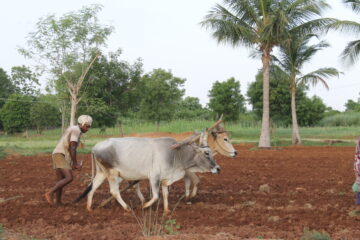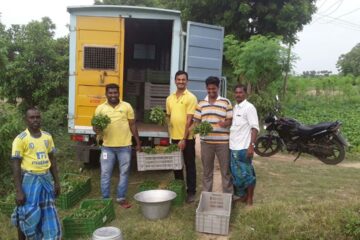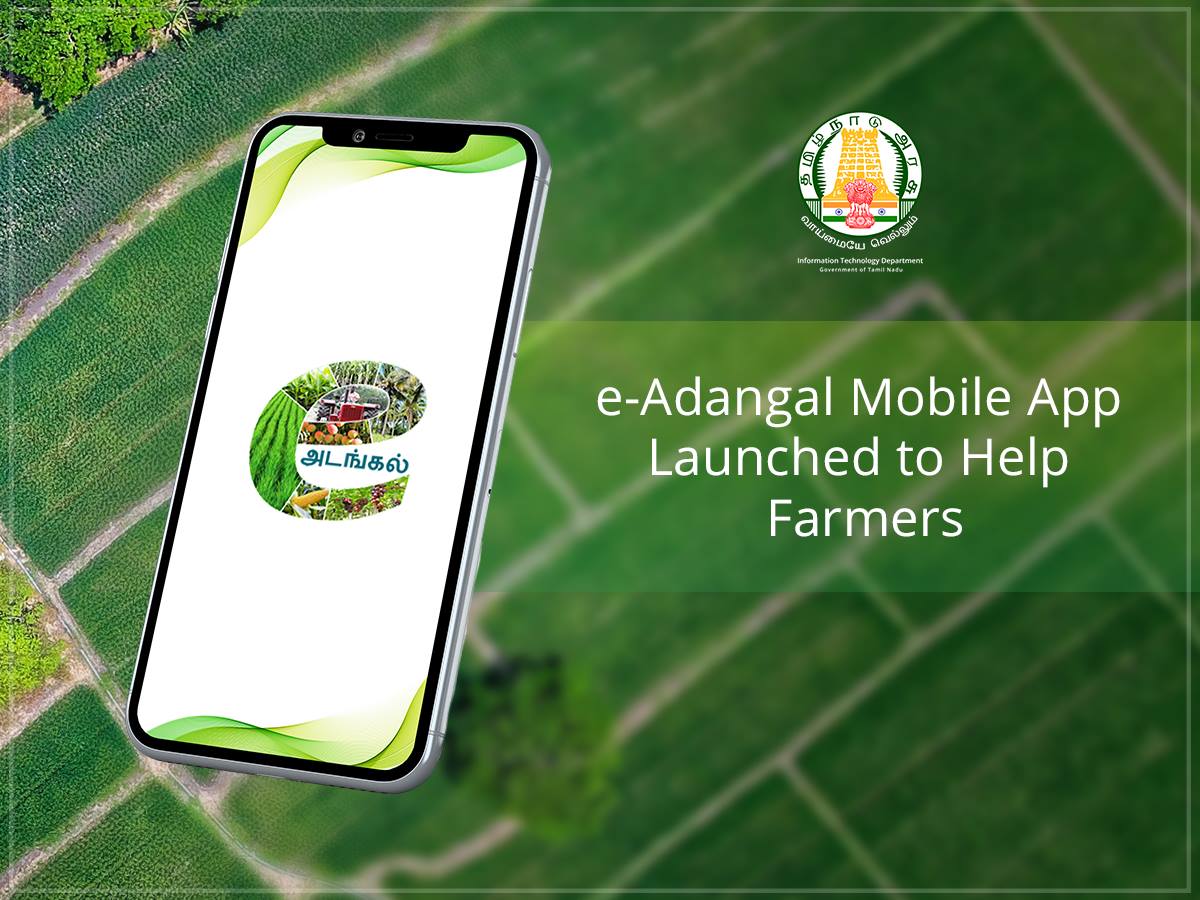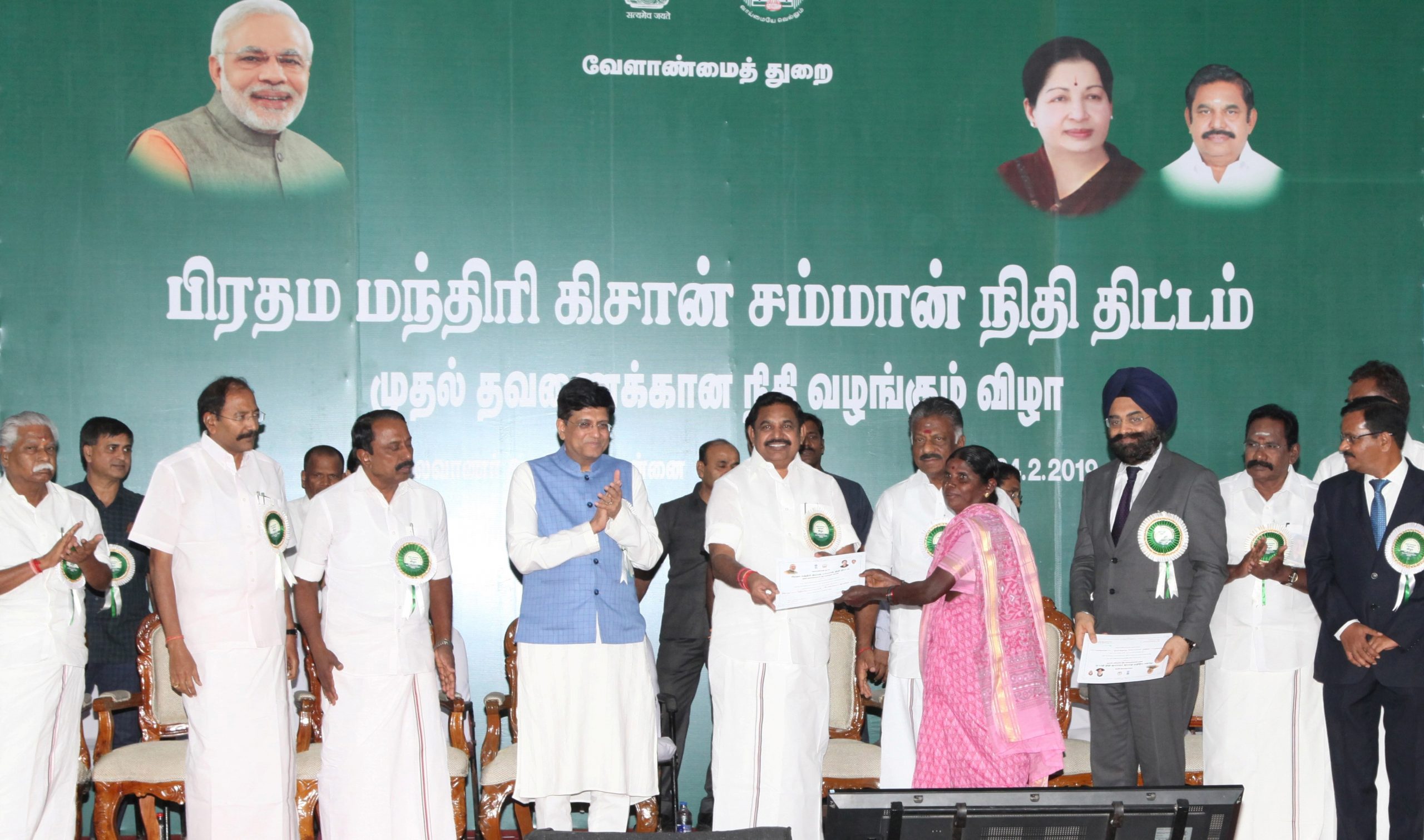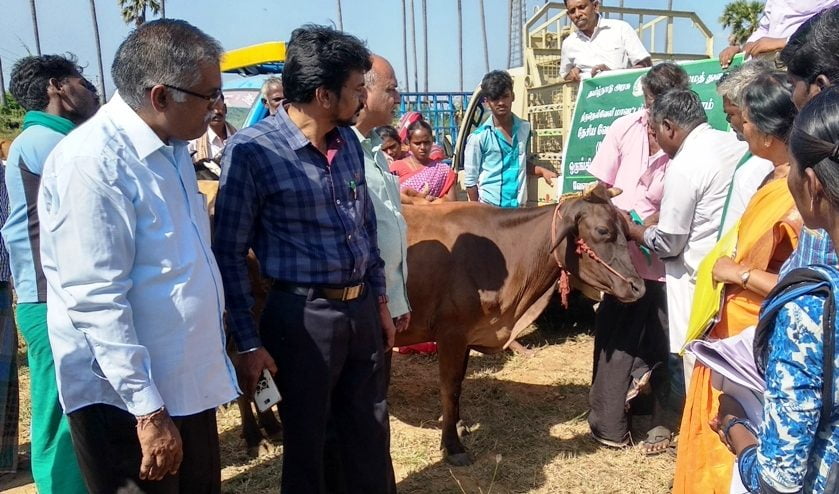Published in: February 2020
The Coconut Development Board (CDB), under the Ministry of Agriculture, has launched several programs to boost coconut production in India. According to D. Bala suthagari, Regional Director (in-charge) of the CDB Chennai Zone, India leads the world in coconut production and productivity, with over 2.1 million hectares under cultivation. Coconut farming supports the livelihoods of approximately 12 million people, with 98% of coconut farmers managing less than two hectares each. India earns about 310,000 million rupees annually from coconuts.
Key Programs and Initiatives
1. Seedling Production and Distribution To supply quality seedlings, model farms and seed production units have been established at ten locations across India. Farmers can purchase quality seedlings from these centers.
2. Regional Nurseries CDB offers financial and technical assistance to nurseries operating within state government farms. For each seedling produced, half the cost or up to 16 rupees is covered.
3. Mother Palm Gardens To provide high-quality seedlings, designated farms receive subsidies to establish mother palm gardens. For setting up a garden in four hectares, a 25% subsidy or up to 600,000 rupees over three years is provided.
4. Small-Scale Nurseries Private producers are encouraged to establish small nurseries to produce quality seedlings. A subsidy of 50,000 rupees is available for creating 6,250 seedlings, and 200,000 rupees for 25,000 seedlings.
5. Expansion of Cultivation To encourage small and marginal farmers, subsidies are available to grow Tall and hybrid varieties in both plain and hilly areas, at rates of 6,500 and 13,750 rupees per hectare. For dwarf varieties, subsidies of 7,500 and 15,000 rupees per hectare are offered.
6. Replanting and Rejuvenation Since 2009, the replanting program aims to replace old or diseased trees and rejuvenate existing ones. Farmers receive 32,000 rupees per hectare to plant new seedlings and 17,500 rupees per hectare to rejuvenate existing palms. Disease-resistant varieties are subsidized at 4,000 rupees per hectare.
7. Training Programs The CDB’s technical institute in Aluva, Kerala, provides training on various aspects of coconut cultivation and product development, including:
- Coconut Food Processing: A one-day training session (500 rupees per person) covering products like coconut chips, chocolate, cookies, and pickles. An extended version (2,000 rupees per person) includes lessons on chutneys, powders, milk, candy, and jelly.
- Vinegar Production: This one-day training (2,000 rupees) covers the production of vinegar from coconut water, aimed at individuals with basic science knowledge.
- Tender Coconut Preservation: A one-day course (1,000 rupees) covering tender coconut preservation techniques.
- Value-Added Product Manufacturing: A six-day program (2,000 rupees per person) covering products like coconut milk, powder, and related food safety practices.
- Chemical Analysis Training: A one-week program (7,500 rupees per person) on chemical analysis of coconut products, open to graduates in chemistry or food science.
- Microbial Analysis Training: A two-week course (15,000 rupees per person) for those with a microbiology background.
Market Development and Export Promotion
The CDB works to promote coconut-based products through awareness programs, advertising, trade fairs, and buyer-seller meetings. The board collects and analyzes market data on coconut products to assist farmers and entrepreneurs.
Technological and Production Support
- Production Support: CDB funds research to improve pest and disease management in collaboration with institutions, providing up to 5 million rupees per project.
- Support for Non-Governmental Organizations: NGOs receive subsidies of up to 2.5 million rupees to develop technical solutions and promote the implementation of new techniques.
Crop and Labor Insurance
- Crop Insurance: To cover losses from unforeseen damage to trees, the CDB and state governments each contribute half the insurance premium. The remaining premium is paid by farmers, with rates based on tree age.
- Labor Insurance (Kera Suraksha): To protect workers who climb and maintain coconut trees, CDB offers insurance with a premium of 94.40 rupees annually, with CDB covering 71.40 rupees. The policy provides a benefit of up to 200,000 rupees.
By participating in these initiatives, coconut farmers, entrepreneurs, and traders can benefit from the Coconut Development Board’s support programs, enhancing income and market reach.
Pasumai



